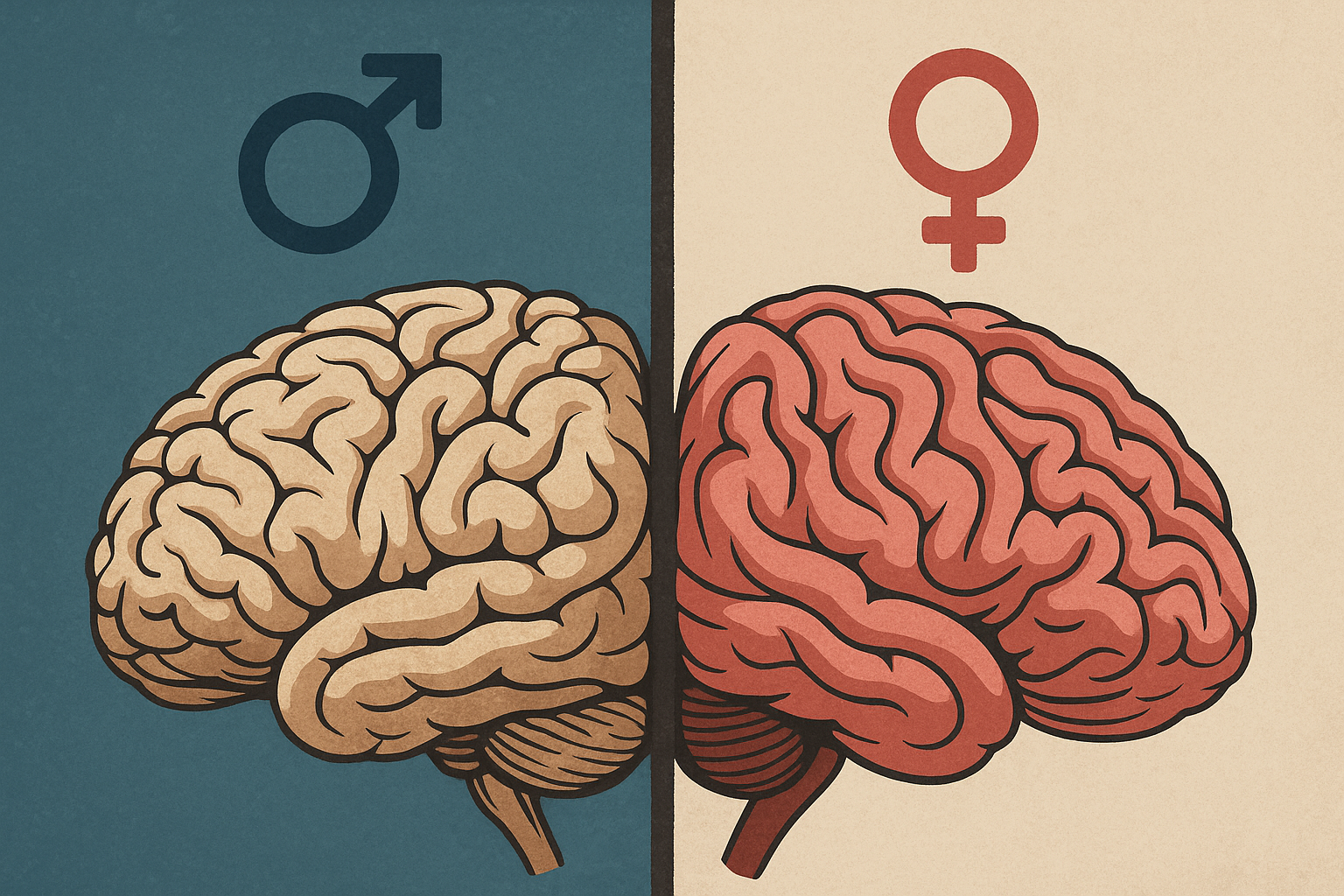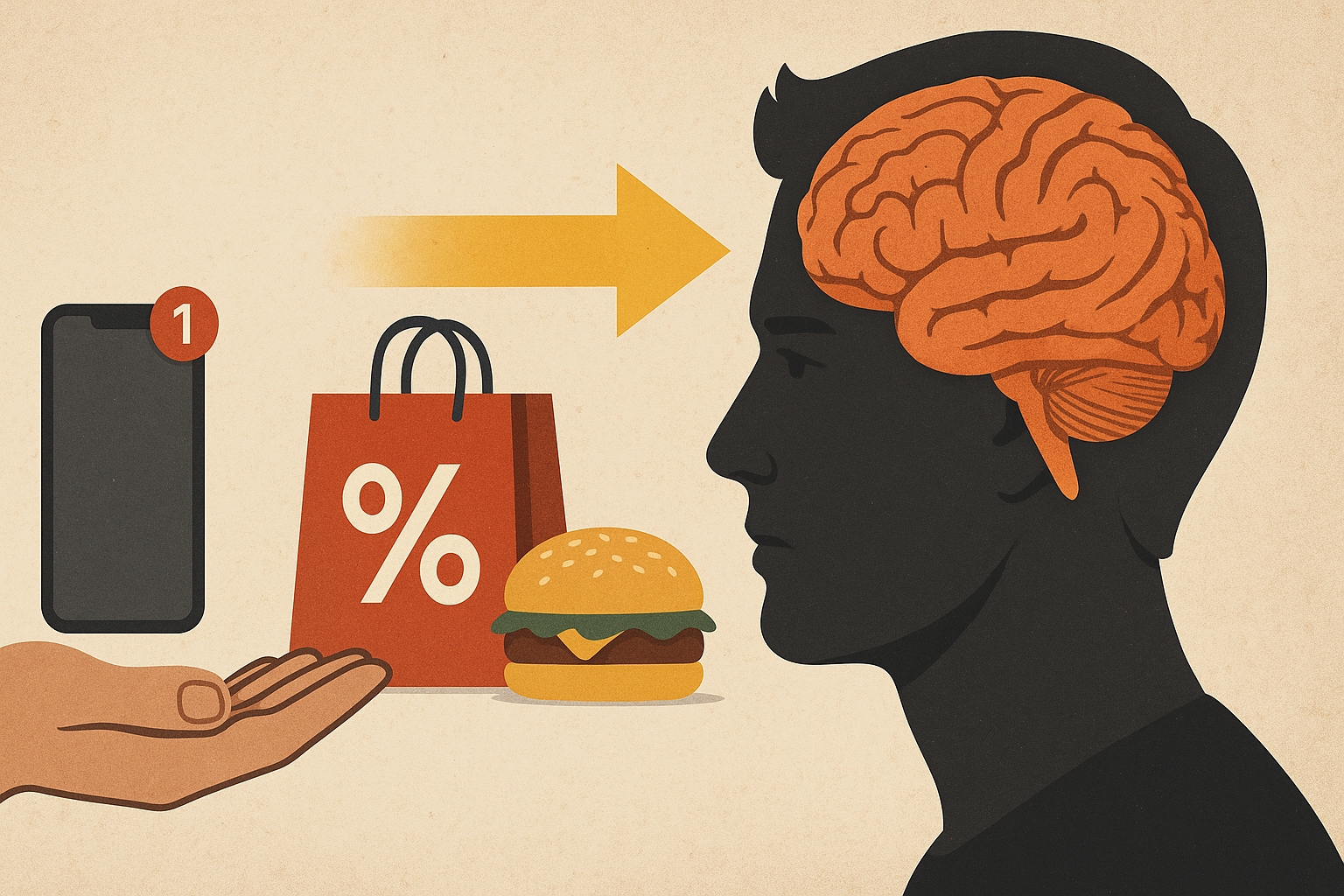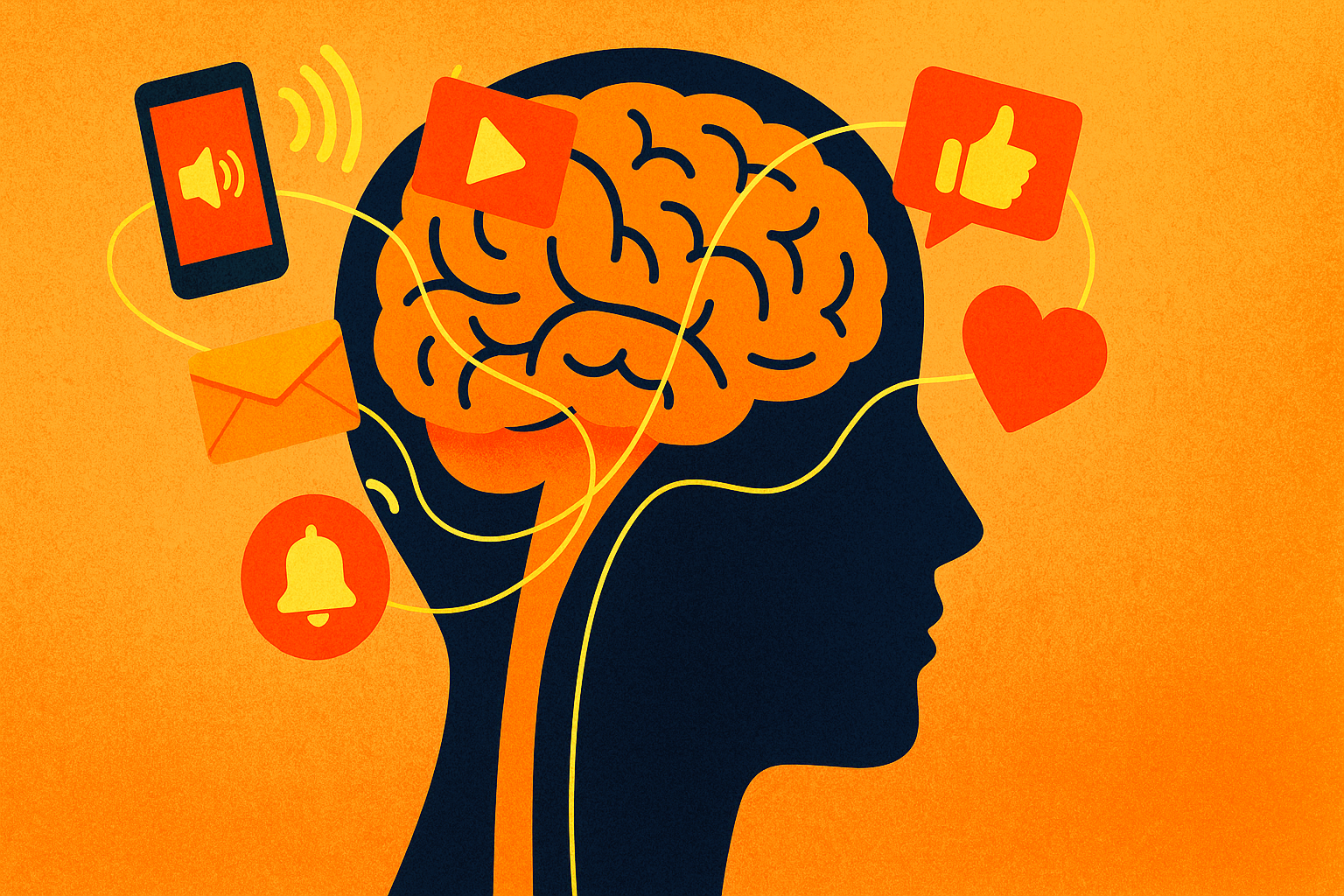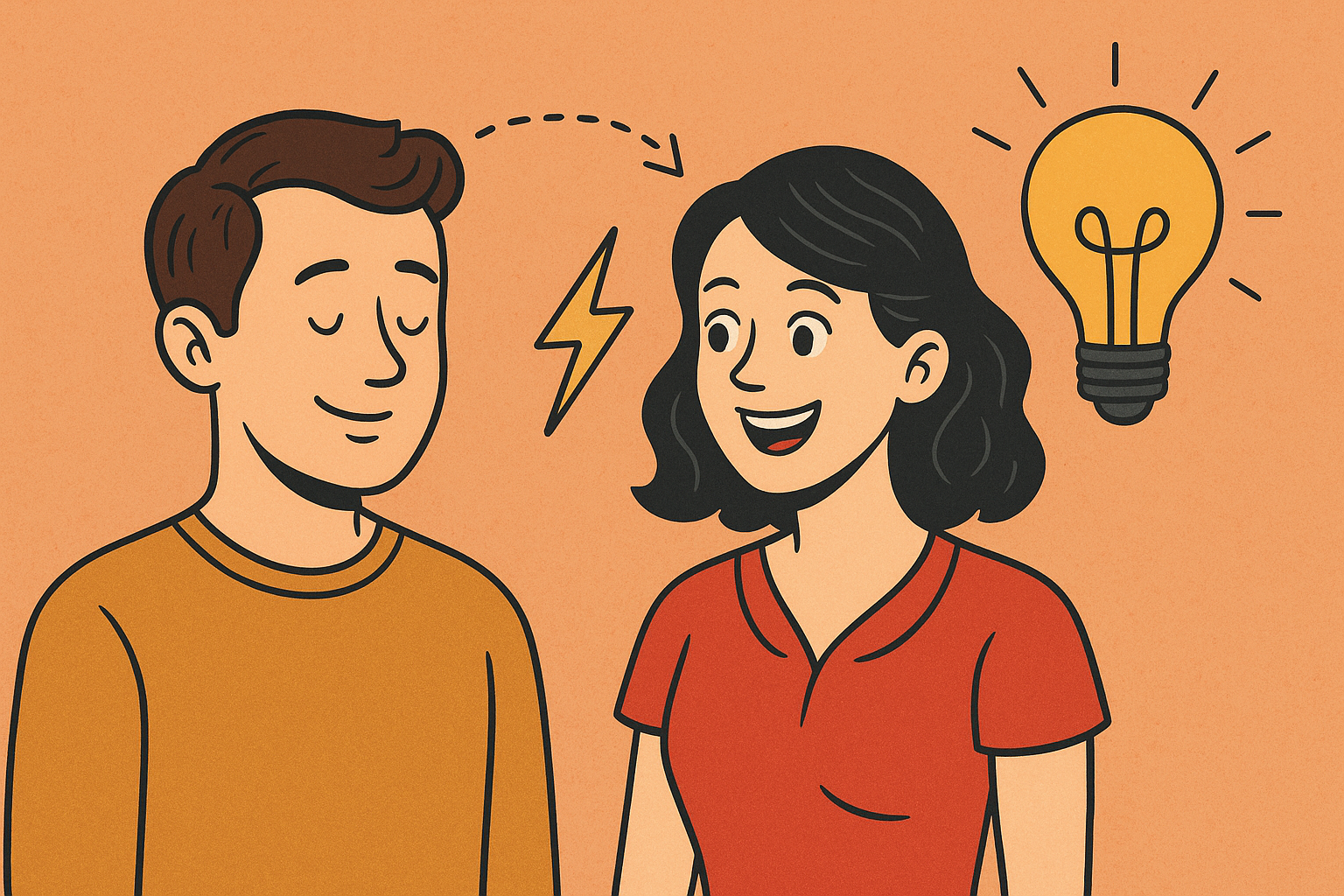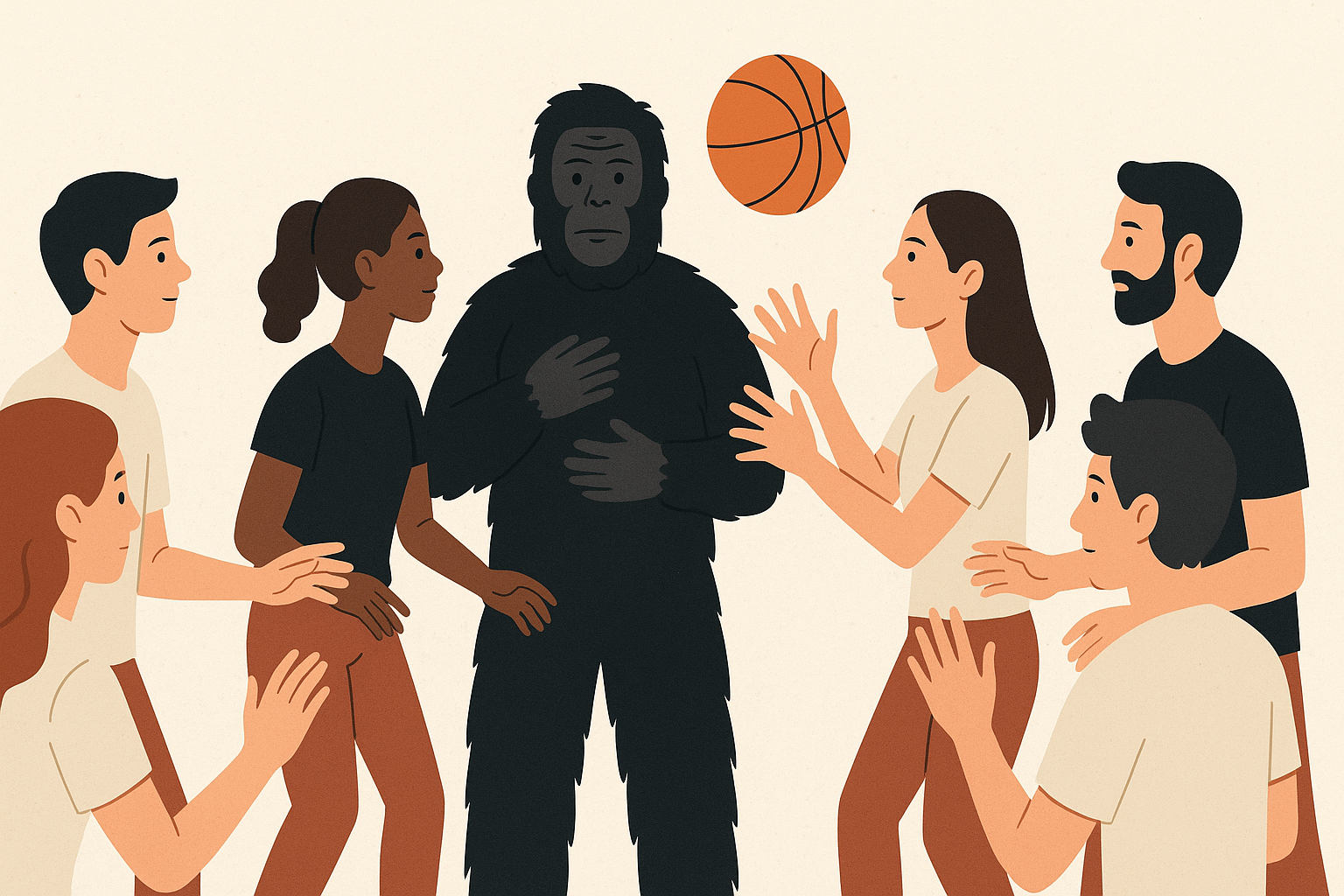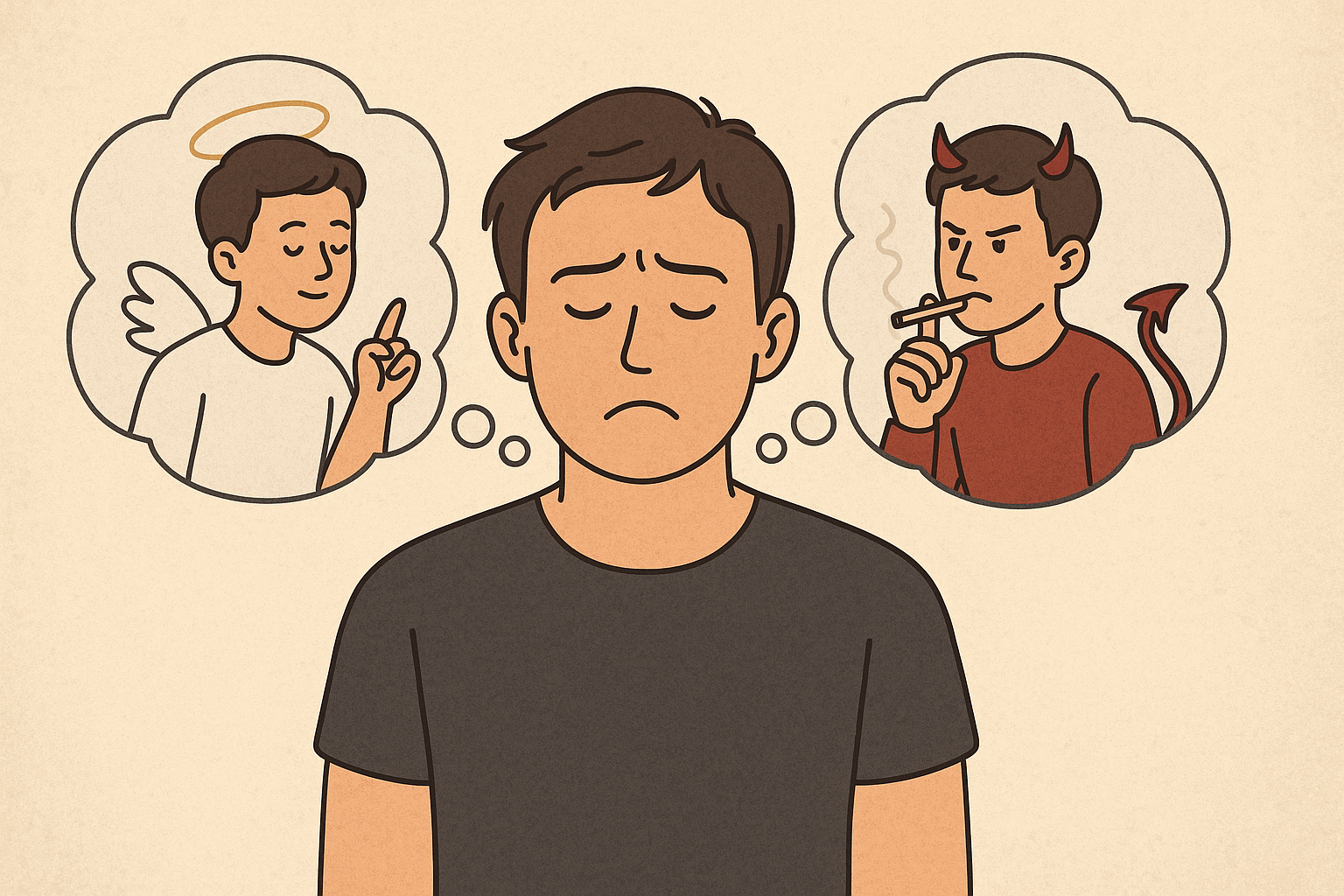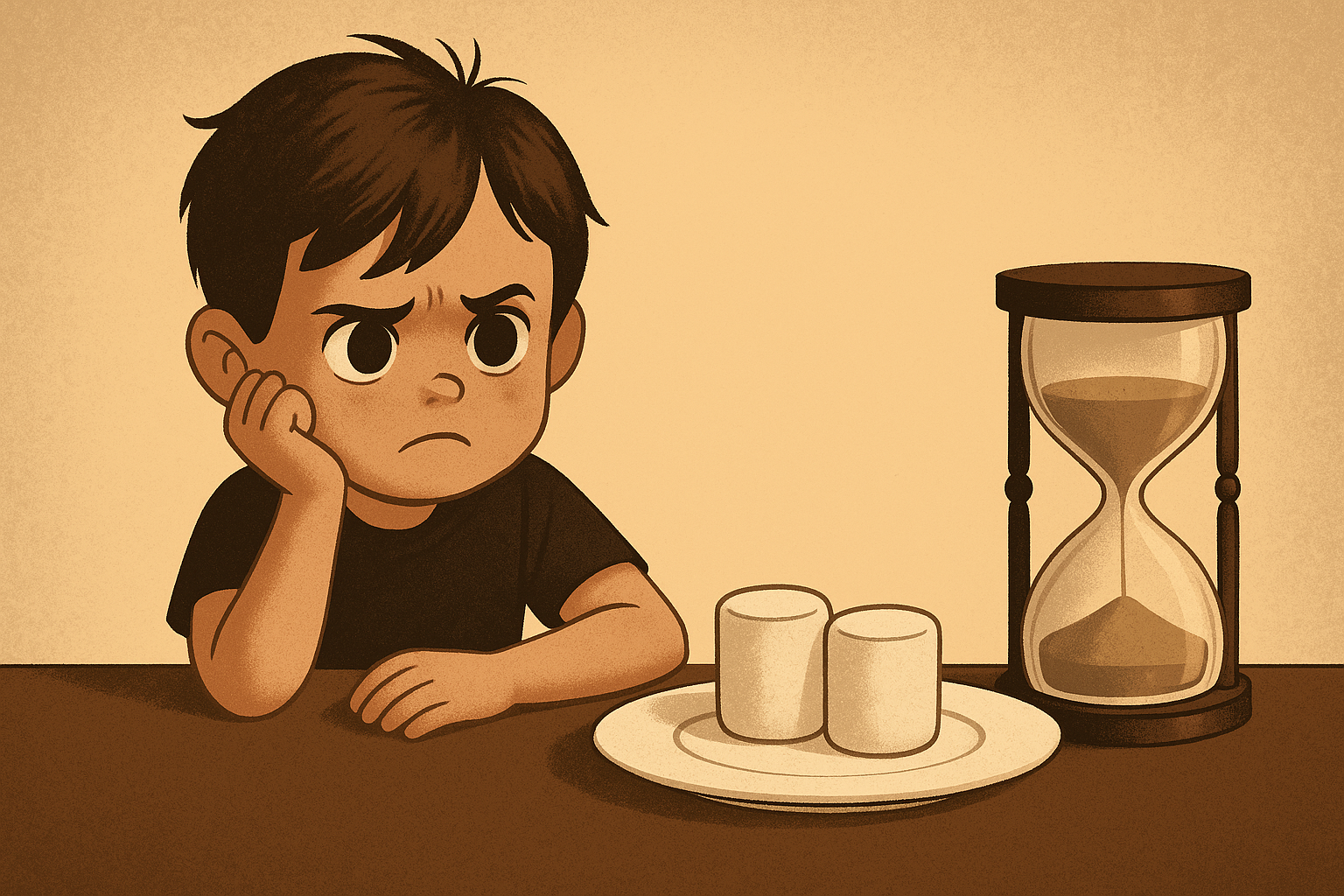Male vs. Female Brain: What Neuroscience Really Says
Are there real differences between male and female brains, or is it just a myth we’ve carried for centuries? For a long time, people tried to explain gender differences through biology. But modern neuroscience tells a very different story — one that’s far more complex, and much more equal, than we used to think. The … Read more

